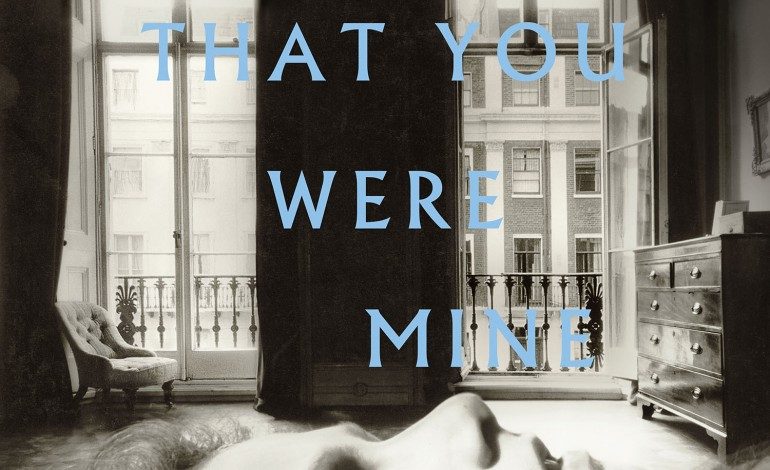

Drawing on the Past Without Returning There
The first time Vampire Weekend’s multi-instrumentalist/producer Rostam Batmanglij collaborated with Hamilton Leithauser was in 2014, when the roaring vocalist of The Walkmen was looking for production help on his first solo project. That album, called Black Hours, was an ambitious and highly collaborative effort involving many musicians, which ended up falling short of fans’ expectations for the very reason that it attempted to do too much. Over a decade of sacrificing personal vision for the sake of band harmony left Leithauser itching to create a project derived from his own eclectic tastes and influences, but the gift of autonomy proved a little unwieldy; the album was often unfocused and lacked cohesion. In early 2016, Leithauser decided to reunite with Batmanglij to form Hamilton Leithauser & Rostam, a partnership based on a shared taste for esoteric sounds. From that union, I Had a Dream That You Were Mine was born. This is the album that Leithauser originally envisioned.
The range of instruments and musical styles compiled on the album is astounding. Even more impressive is that the album manages to maintain a cohesive feel from start to finish, without the lusty romance of Spanish guitars or the somber passion of a choir becoming distracting. One binding thread is Leithauser’s mangy voice, an unapologetically human instrument that evokes your favorite uncle and sounds like it was cultivated in a boozy corner bar. I Had a Dream That You Were Mine is Americana at it’s most lively, and unlike contemporaries like The Lumineers, Hamilton Leithauser & Rostam perform the impressive feat of sidestepping the traps of nostalgia, employing sonic anachronisms like doo-wop as agents of genuine soulfulness rather than ironic melancholia. Looking for the source of this success leads straight back to Rostam, the member of Vampire Weekend who was always whispered to be the band’s X factor. His production causes tracks to bloom rather than merely play: a song’s beginning carries only traces of it’s end, and watching them grow, stacking logical yet idiosyncratic elements until they’ve fully matured, is marvelous.
While it’s easy to get swept away by the craftsmanship, it’s a characteristic that only becomes apparent if you know what you’re looking for. The layers are integrated smoothly, and you often don’t realize something has changed until you notice your feet have stopped stomping and your emotions are resting on a shimmering violin note. It’s also easy to get caught up Leithauser’s simple, rousing lyrics. He tells stories of long nights, marching arm in arm with heartbreak, and wails poetic metaphors about the foolishness of holding onto something that has since passed by. The album’s final song, a dreamlike piece named 1959 featuring Los Angeles singer Angel Deradoorian, drifts into silence while she croons “One day I’ll stop to listen…” over and over. The implied forward march, which also can be understood as the impatience of the heart, is the album’s guiding ethos. Leithauser and Batmanglij’s success in bottling this spirit is a credit to the rarity of their partnership, and given how much fun they seemed to have making this album, it seems a safe bet that more projects are coming—and that’s a good thing for everybody.
